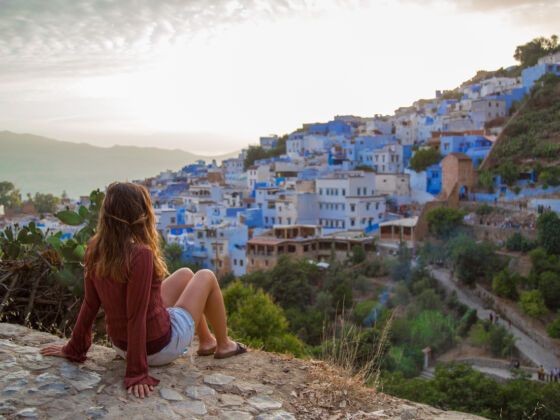“One rotten fish can make the whole bucket stink.”
It’s late September in Taghazout, a small surf village on the Atlantic coast of Morocco, and I’m sitting at the edge of the world watching the waves crash against the rocks.
I sip strong black coffee and chat with a new friend, the owner of a local backpackers, about safety and misperceptions in Morocco.
